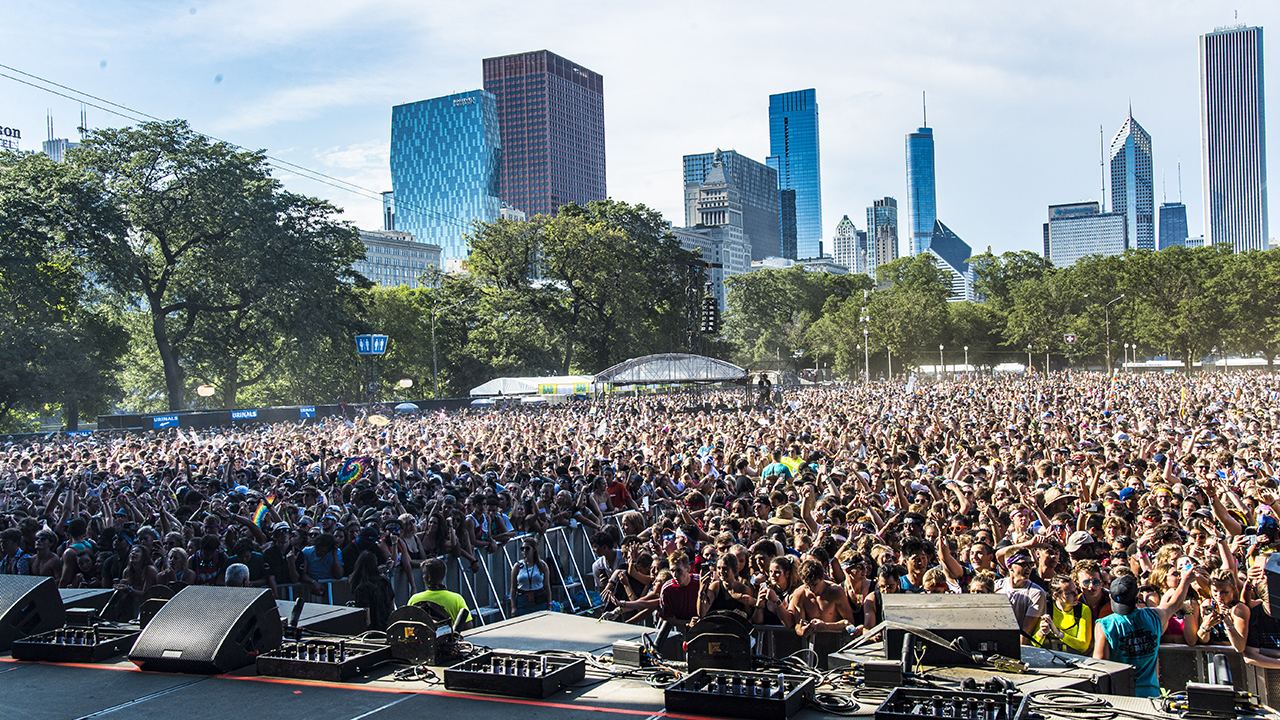Justice John Paul Stevens opinions included striking down Chicago anti-gang loitering law

CHICAGO (WLS) -- Legal scholars continue to heap praise on retired Supreme Court Justice John Paul Stevens, who is being remembered as brilliant legal mind who stood up for individual rights, including his role in a major Chicago case.
Stevens graduated from the University of Chicago and then got his law degree from Northwestern University. A 1999 ruling in a case out of Chicago is one example cited for how Stevens was a champion of individual rights.
For 35 years Justice Stevens served on the United States Supreme Court. The moderate Republican from Chicago nominated by President Gerald Ford in 1975 would eventually become the leader of the Court's liberal wing.
"I think he'll be remembered as a justice of great principle who was neither knee-jerk liberal nor knee-jerk conservative," said Geoffrey Stone, Professor University of Chicago Law School.
In May Stevens reflected on his own legacy on PBS.
"Well that's difficult to figure out but I would hope an honest judge and a good judge," he said.
He wrote powerful opinions or dissents in some very important cases.
"Stevens wrote the option that basically recognized that the detainees at Guantanamo Bay had constitutional rights," said Stone. "Stevens wrote a powerful dissenting opinion in Bush v. Gore and essentially accused the majority justices of acting out of partisan self-interest."
The life-long Cubs fan referenced the team in a majority opinion he wrote stemming from a 1999 decision that struck down Chicago's anti-gang loitering law as unconstitutionally vague.
"So if a gang member and his father were loitering outside of Wrigley Field, the law doesn't distinguish if they're loitering there in order to do harm or commit a crime, or if they're loitering there just to catch a glimpse of Sammy Sosa after the game," said Ed Yohka, ACLU Illinois.
Stevens has another legacy as well. The Hilton Chicago was originally the Stevens Hotel, built by his family and billed at the time as the largest and greatest hotel in the world. It also features a statute believed to be the young Stevens.
"When it was the Stevens Hotel here you could see its early groundbreaking and also in 1927, in May, here's the family at the grand opening. Here of course is John Paul Stevens at seven years old," said John Wells, GM Hilton Chicago
Stevens, a Naval Intelligence officer in World War II, opposed the idea that the First Amendment protects flag burning. After he retired he came out publicly for abolishing the 2nd Amendment. President Obama awarded Stevens the Presidential Medal of Freedom in 2012.





